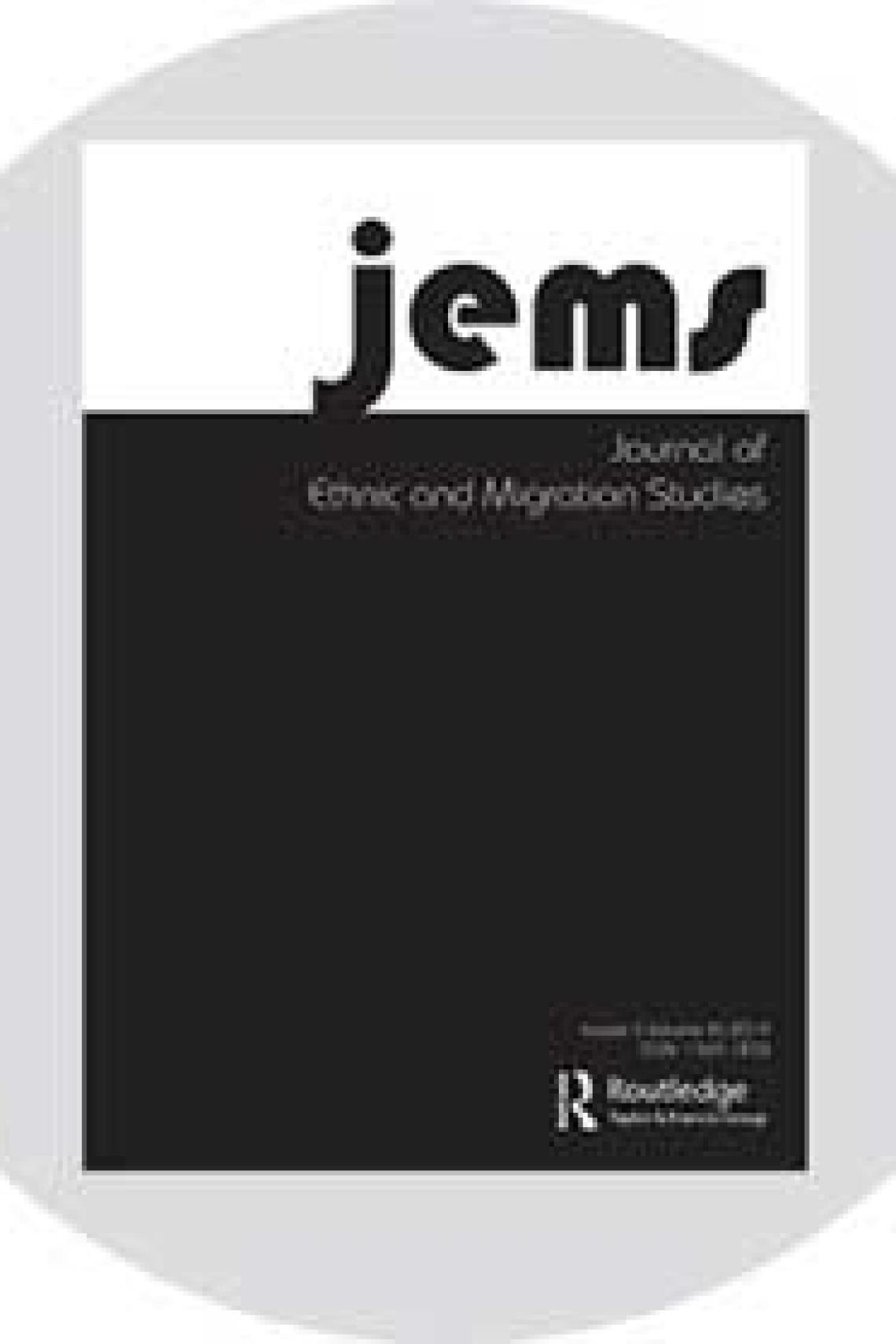New article co-authored by Marie Godin explores use of digital devices by migrants in transit
In a new article, Marie Godin of the Refugee Studies Centre and Georgia Donà of the University of East London examine the intersections between migrants’ trajectories and digital technologies by analysing the role of mobile digital devices in the everyday lives of migrants in transit.
They introduce the novel concept of ‘techno-borderscapes’ to rethink transit zones as sites of embodied and virtual encounters among various state and non-state actors and to unravel the intersections between digital securitisation, humanitarianism and activism.
Based on narrative, participatory and ethnographic research with migrants in transit at the France–UK border and ongoing transnational collaborations with a sub-group of former camp residents, the research shows that digital devices shape migrants’ experiences of transit, their migratory trajectories and their transnational encounters. Confronted with increased border securitisation, migrants use mobile technologies to bypass borders, create new forms of migrant-to-migrant protection and assistance, and articulate their political voice.
Moving away from the general representation of transit spaces as singular points in a unidirectional migratory trajectory, their findings show that these spaces are sites of confluence of multi-directional mobilities. Transit zones are not just ‘in-between’ spaces but rather transformative and transforming spaces in which mobile digital technologies play a significant role.
Marie Godin and Georgia Donà (2020) 'Rethinking transit zones: migrant trajectories and transnational networks in Techno-Borderscapes', Journal of Ethnic and Migration Studies, DOI:10.1080/1369183X.2020.1804193

